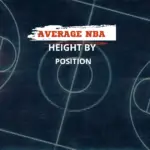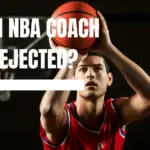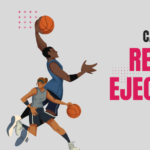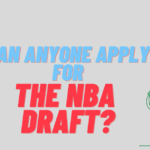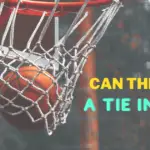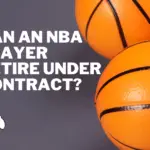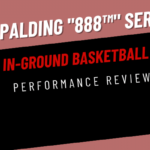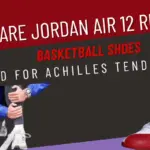The NBA has a salary cap, which limits teams to a certain total salary for their players. However, the league also has a hard cap, putting even more restrictions on spending on teams.
A hard cap is an upper limit that teams cannot exceed when spending on player salaries. If the team’s total salary exceeds the hard cap amount, they cannot sign any more new players or extend existing contracts beyond that point. The purpose of this restriction is to ensure all teams remain competitive since they will be unable to outspend other clubs.
The hard cap of the NBA is set at $134 million for the 2023-2024 season; any team that exceeds this limit must pay a luxury tax. Teams have gone over this amount in recent years due to the NBA max contracts rule and other incentives.
What is the salary cap for NBA teams? The salary cap for NBA teams in the 2023-2024 season is $136.021 million. The luxury tax threshold is $165.294 million.
what is the NBA hard cap? The NBA hard cap is a salary cap that teams cannot exceed under any circumstances. It is triggered when teams use certain exceptions, such as the bi-annual exception, non-taxpayer mid-level exception, or sign-and-trade. Once a team is hard-capped, they cannot acquire any additional players unless they renounce all of their free agents.
NBA team caps? NBA team caps are headwear that features the logo and colors of an NBA team. They are a popular way for fans to show their support for their favorite team.
How Much Can You Go Over The NBA Salary Cap?
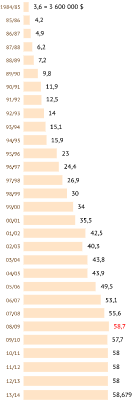
Technically, teams can exceed the salary cap as long as they remain within certain limits set by the Collective Bargaining Agreement. For example, if a team is over the luxury tax threshold, they may be subject to stringent penalties such as paying triple taxes or losing draft picks depending on how far they go over. In addition, teams are also not allowed to sign players above a certain limit if they already have too many guaranteed contracts on their roster.
When Was The Salary Cap Introduced In The NBA?
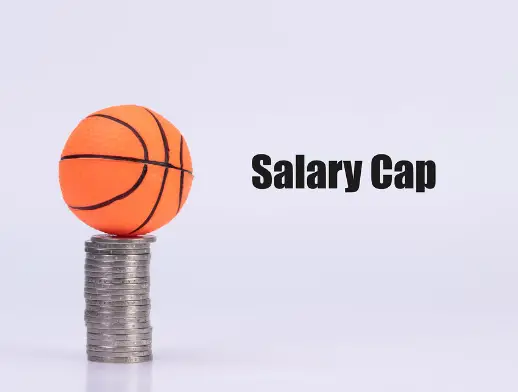
In the NBA, the salary cap has been an integral part of team building since its introduction in 1984. Originally, the salary cap was implemented to help smaller markets retain their players by creating an even playing field between teams with large and small payrolls. Over time, this rule has become more complex as teams look for innovative ways to manage their roster while staying under the set limit.
Hard Cap Vs. Soft Cap – What Is The Difference?
Hard salary Cap:
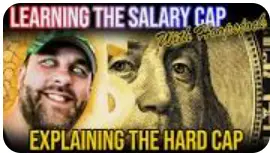
A hard cap is a strict limit on how much money teams can spend on player salaries in any given season. This means that once teams hit their hard cap, they cannot add any additional players to their roster or make trades that result in them going over the limit.
Soft salary Cap:
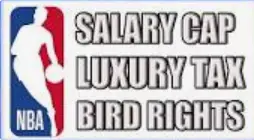
A soft cap allows teams flexibility when dealing with trades and free agents. Teams can exceed their soft caps if they use certain exceptions, such as signing or trading for a star player at higher salaries than usual.
What Is The Luxury Tax Threshold In NBA?
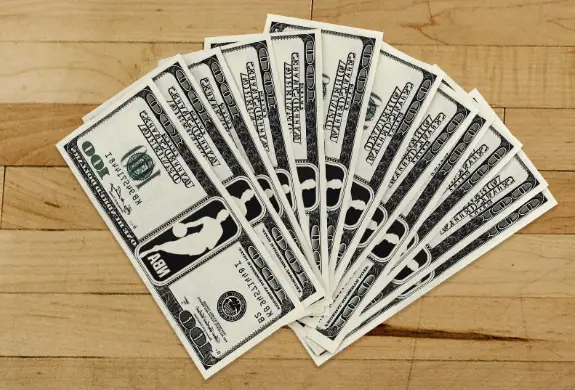
The National Basketball Association (NBA) imposes a luxury tax on teams whose payrolls exceed the predetermined threshold. The luxury tax is an economic tool to prevent teams from spending beyond their means and creating an imbalance in the league’s competitive landscape. The current NBA’s luxury tax threshold is $150,267,000 for teams.
What Happens If A Team Goes Over The Luxury Tax NBA?
By going over the luxury tax threshold, teams incur what is known as “repeater taxes,” which are additional charges applied to those who exceed the limit in consecutive seasons. These extra charges significantly increase a team’s costs and make it more difficult to manage their finances properly and reach their goals for success on the court.
Who Has The Highest Luxury Tax In NBA History?
The Los Angeles Lakers have been one of the biggest beneficiaries of this system. They currently pay the highest amount ever recorded for luxury taxes in NBA history at $144,693,684.
What Is The Larry Bird Rule In NBA?
The Larry Bird rule is an NBA salary cap term that allows teams to sign and retain their own players who are free agents. Named after the Boston Celtics icon, it has helped teams maintain their rosters while avoiding luxury tax penalties.
The rule states that a team can exceed the salary cap when re-signing its free-agent players so long as they were with the team for three consecutive seasons or more. This ensures that players cannot jump ship to a different team just because of financial gain, thus creating parity within the league.
What Is The Rose Rule In The NBA?
The Rose Rule, named after former NBA star Derrick Rose, is a unique rule that applies to certain contracts in the National Basketball Association (NBA). The rule states that designated players are eligible to receive 30% of the salary cap if they qualify for certain criteria. This rule was created in the 2011 Collective Bargaining Agreement and incentivizes teams to keep their superstars.
To qualify for the Rose Rule, a player must be named an All-Star starter at least twice in their first four or five seasons since entering the league. Additionally, they must have earned an All-NBA Team selection or Defensive Player of the Year award at least once during their first four or five years since entering the NBA.
InfoGraphics:
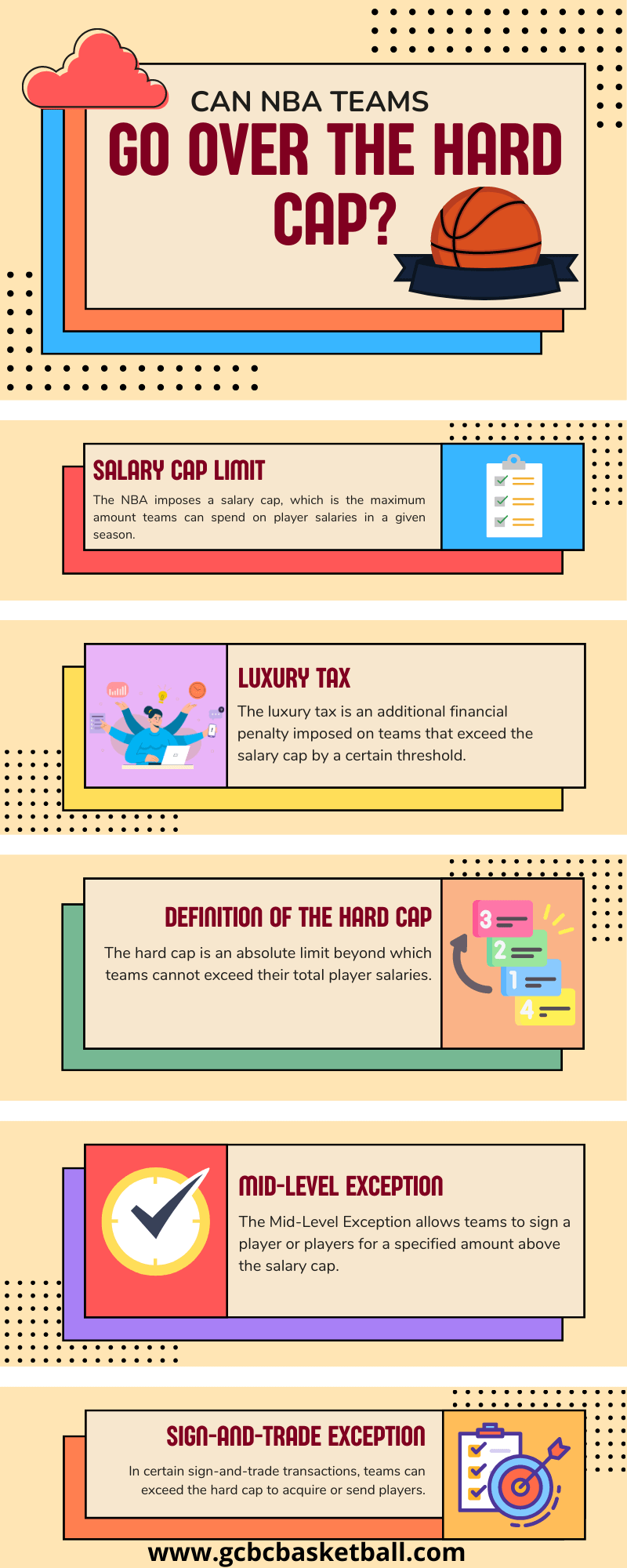
Conclusion:
NBA teams can exceed the hard cap, but there are severe implications for doing so. Teams must consider whether they can afford to pay the luxury tax and the potential penalties for violating the hard cap. Teams must be prepared to lose players and face fines if they decide to go over. Furthermore, player salaries over the hard cap cannot be offered in sign-and-trade deals or used to acquire a free agent via mid-level exceptions.
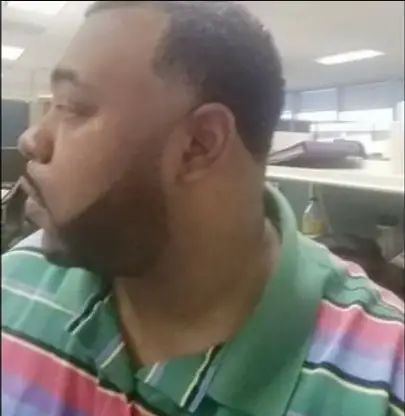
Clyde Jackson III is a basketball coach and the founder of GCBC Basketball, a basketball-related learning and informational website that focuses on helping young players develop their skills on and off the court. With over 15 years of coaching experience, Clyde has worked with players of all ages and skill levels, from beginners to professionals.


